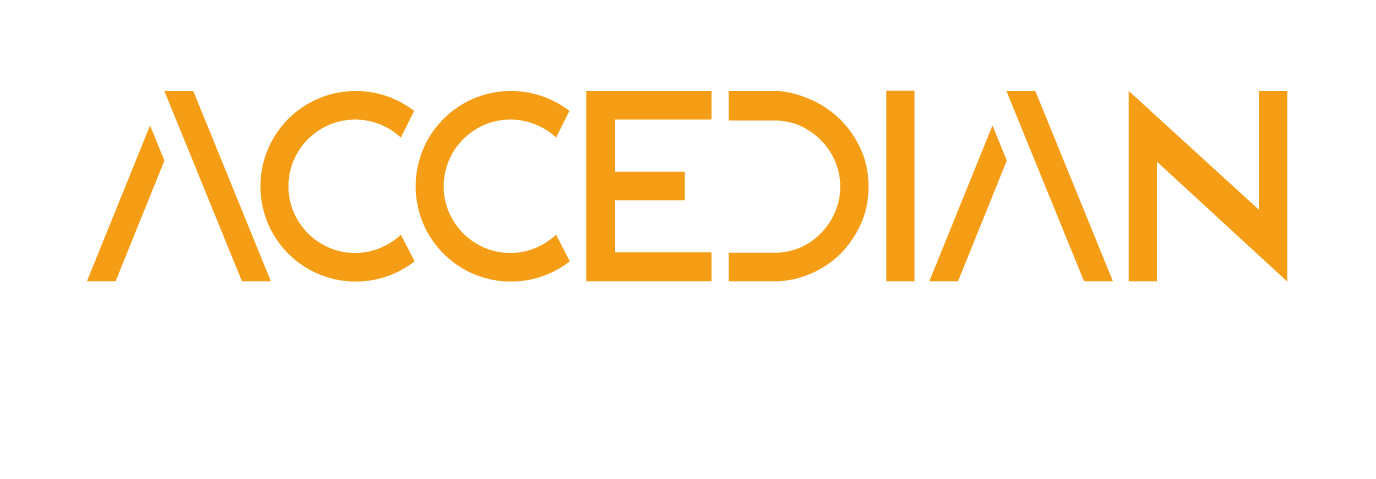Not all enterprises have the same priorities when it comes to 5G. Each country has unique market drivers, requirements, and challenges.
Private enterprise 5G networks are a global phenomenon, especially in sectors such as manufacturing, where an Analysys Mason survey finds 76% of large manufacturing companies plan to deploy a private 5G network by 2024. But requirements do vary by region. Understanding those nuances is key for mobile operators and systems integrators targeting the manufacturing sector with private 5G managed services.
Take Germany, which quickly emerged as a global leader in private 5G. Audi, BASF, Bosch, BMW and Volkswagen are among the large manufacturers that have acquired spectrum for private 5G, IEEE says. Its competitive environment also is noteworthy. So far, systems integrators and factory automation solution vendors are winning the lion’s share of private 5G business, according to ABI Research.
“Germany reports a total of 146 licenses granted to enterprises for the deployment of a mobile private network, with other European countries lagging far behind,” ABI Research says. “Germany’s interest in private networks is fading, however. While the Bundesnetzagentur counted more than 80 new applications for local licenses in the second half of 2020, there were only 20 more applications in the second quarter of 2021. The fact that interest in private network is slowing down indicates that the telco industry needs to radically rethink their approach to enterprise 5G or miss out on the opportunity entirely.”
Two Deployment Models Dominate
In a 2021 survey of over 200 large (>US$3 billion annual revenue) enterprises in four countries, Analysys Mason found that 85% of large German businesses plan to implement private 5G by 2024. The number indicates high awareness of 5G, although enterprises still need to to be educated about the benefits of private 5G. Thirty-five percent of those German enterprises prefer the network slicing model — far more than their peers in Japan, the U.K. and the U.S. In this type of deployment, the enterprise has a virtual, private slice of a public 5G network instead of owning and operating a core and RAN. This model gives enterprises a high degree of autonomy and control over their slice, and their data is not co-mingled with traffic from the operator’s other customers.
Even more German businesses (42%) prefer the hybrid model, which combines a dedicated, on-premises network and a private slice of a public 5G network.
When 77% of German businesses say they prefer slicing or hybrid, that’s good news for mobile operators. It shows that a lot of private 5G network growth won’t come at the expense of public networks. This also highlights why operators in Germany need to have a solid network slicing strategy to be successful in the private 5G market. This strategy also is something that systems integrators should look for when selecting an operator partner for the German market.
Private 5G Lays the Foundation for SD-WAN
Some private 5G networks will span multiple locations, such as a manufacturer that has several factories around Germany. This geographic dispersal of sites creates opportunities for using SD-WAN over private 5G to connect those factories to one another and to other facilities, such as headquarters and branch offices.
For example, 5G standalone’s Enhanced Mobile Broadband (eMBB) feature set is ideal for bandwidth-intensive applications such as the gigabytes of data that a factory’s IoT sensors can produce each hour or day. Another feature set, Ultra-Reliable Low-Latency Communications (URLLC), provides latencies as low as 1 millisecond, which is ideal for delay-sensitive, mission-critical applications such as factory automation and time-sensitive networking (TSN). Mobile operators and systems integrators can use these capabilities to cater to the 38% of German businesses that plan to implement SD-WAN by 2024.
Easy Does It
To win business, systems integrators need to make life easy for the 42% of German enterprises that prefer the hybrid private 5G network model: a dedicated core and RAN in conjunction with a private slice of a public network. Forty percent of German businesses ranked management complexity as their top barrier to implementing a hybrid private 5G network. Another 25% cited limited management control as a major hurdle. This may be due to having limited control over network slicing that relies on the public network or perhaps also the difficulty of managing network quality, security and applications across a hybrid network.
At 23%, hybrid cost concerns ranked relatively low among German businesses compared to their peers in Japan, the U.K. and the U.S. This suggests that many German enterprises might be willing to pay more for a secure, private 5G service that’s easy to manage. Privacy concerns also ranked high, pointing to a pain point that systems integrators can alleviate to win business.
The private 5G market is a major, long-term opportunity for mobile operators and managed service providers. But that’s not the same as saying success is guaranteed. Just the opposite: To win that business, operators and managed service providers must address German enterprises’ concerns about visibility and control of both the network (hybrid or 100% sliced) and application performance. This includes providing enterprises with KPI reporting and features to ensure the security and privacy of their applications.
For more information about the survey, take a look at the complete research report where we explore the market trends for private 5G networks.

 Improved delivery, better visibility: How Accedian and VMware are working together to help CSPs navigate the 5G world
Improved delivery, better visibility: How Accedian and VMware are working together to help CSPs navigate the 5G world
 Adding a new dimension of visibility to the Cisco Full-Stack Observability portfolio with Accedian Skylight
Adding a new dimension of visibility to the Cisco Full-Stack Observability portfolio with Accedian Skylight